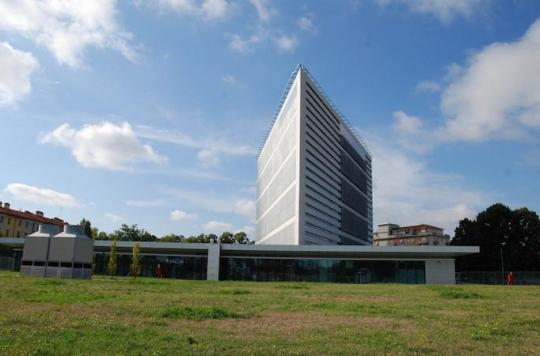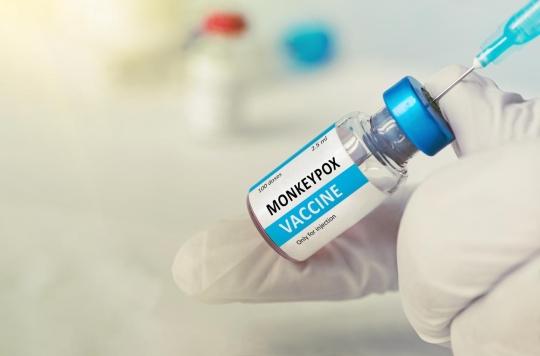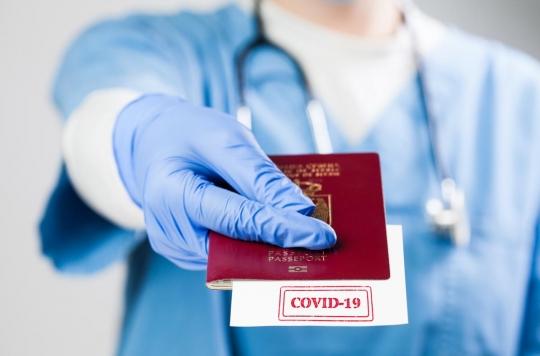According to a European NGO, nearly half of scientific experts who assess food safety in Europe are plagued by conflicts of interest.

Could the European Food Safety Authority (EFSA) be undermined from within? This is to be feared, in view of the survey carried out by the NGO Corporate Europe Observatory (CEO), specializing in lobbying research.
Of the 211 experts employed by the health agency, 46% have at least one conflict of interest with the food industry. Enough to seriously affect the proper functioning of EFSA… but above all its credibility. “It is important to stress that a conflict of financial interests is not a sign of a lack of integrity”, insists the CEO.
But the fact is that the hearts of the experts concerned can swing between two contradictory interests: to secure funding afterwards or to prioritize public health. And the new rules, presented on June 21, may only bring improvements at the margins.
Too many renewals
To fight against what the NGO describes as “recruitment errors”, the European Parliament has recommended several measures. For four years, MEPs have called for the agency to operate completely independently from the agri-food industry. They recommend in particular the respect of a period of two years during which no financing or contract links the expert to a manufacturer.
However, this simple measure is slow to be implemented. There is a slight improvement: in 2013, 60% of EFSA experts had at least one conflict of interest. The improvement is undeniable. Especially since, now, the agency calls on people from the University and institutional research.
Only for the period 2015-2018, half of the scientists were renewed compared to the previous tranche. Insufficient to get rid of the suspicions hanging over the agency. However, this plays a central role: two thirds of the opinions given relate to the safety of food products.
An intractable system
The problem lies in the lack of financial means at EFSA’s disposal. This pushes the agency to “prioritize excellence over independence”. The CEO sees it as a false debate. “It is impossible to achieve excellence without independence”, slices the NGO. More funds must be allocated to the health authority, in order to enable it to attract other profiles.
This effort will not be enough, however. For the CEO, EFSA must be intractable with regard to financial conflicts of interest. No link should emerge over a period of 5 years, and research funding should be systematically scrutinized. It is only at this price that the agency will get out of the rut.
The model to follow in this area is the International Agency for Research on Cancer (IARC). This agency is respected on the international scene. When it ruled on glyphosate, judging it to be a probable carcinogen, EFSA’s conclusions hardly weighed in the balance.
.












-1589894351.jpg)


